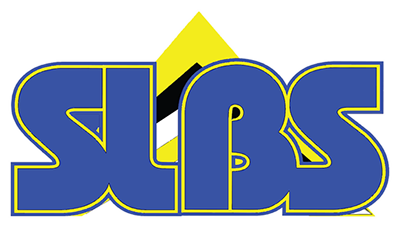ISO 5667-5:2006 establishes principles to be applied to the techniques of sampling water intended for human consumption. For the purposes of ISO 5667-5:2006, water intended for human consumption comprises: all water either in its original state or after treatment, intended for drinking, cooking, food preparation, or other domestic purposes, regardless of its origin, plus all water used in any production undertaking for the manufacture, processing, preservation or marketing of products or substances intended for human consumption unless the competent national authorities are satisfied that the quality of the water cannot affect the wholesomeness of the foodstuff in its finished form.
The guidance given in ISO 5667-5:2006 is confined to those circumstances where water is drawn from municipal or similar distribution systems (including individual systems) where prior treatment and/or quality assessment has resulted in the water being classified as suitable for drinking or potable process purposes. Specifically, ISO 5667-5:2006 is applicable to water that is in continuous supply relative to any stage of use up to and including the point of consumption in a distribution system. This includes distribution within large buildings in which additional water quality management might be applicable.
ISO 5667-5:2006 is also applicable to sampling situations that can arise relative to the investigation of system defects or emergency situations where the safety of sampling operatives is not compromised.
ISO 5667-5:2006 does not provide guidance for water sources or for products generated by using drinking water. The followings items are examples of cases not addressed by the present document: the sampling of source water, for example groundwater and surface water impoundments; sampling of drinking water supplies derived from non-continuous sources (for example, from road tankers); sampling of bulk storage of water on airplanes, trains and ships; the sampling of beverage products (including bottled waters) or food containing potable water used in its preparation; sampling of drink vending machines that dispense unsealed cups of drinks.
Publications
SLNS/ISO 5667-5:2006
$0.00
Water quality — Sampling — Part 5: Guidance on sampling of drinking water from treatment works and piped distribution systems
| Compulsory | No |
|---|---|
| Pages | 17 |
